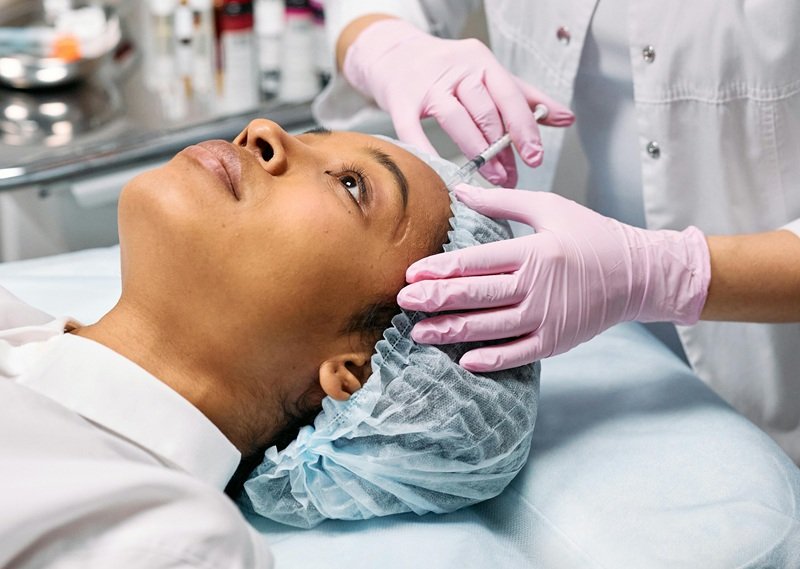
Plastic Surgeons
Plastic surgeons play a vital role in the breast cancer multidisciplinary team, focusing on restoring the breast’s natural appearance and improving patients’ quality of life after surgery. Their expertise extends beyond reconstruction, encompassing a deep understanding of the emotional and psychological aspects of breast cancer.
Reconstructive Options: A Personalized Approach
Plastic surgeons offer a range of reconstructive options tailored to each patient’s unique circumstances. These options include:
- Implant-Based Reconstruction: Using implants to recreate the breast shape. This can be a single-stage or two-stage procedure, depending on the individual case.
- Autologous Reconstruction: Using the patient’s own tissue, typically from the abdomen, back, or thighs, to reconstruct the breast. Different flap techniques are available, each with its own advantages and considerations.
- Combination Procedures: Combining implants with autologous tissue for optimal results.
The choice of reconstruction depends on factors such as the patient’s overall health, body type, lifestyle, and personal preferences. The plastic surgeon works closely with the patient to discuss the available options, explain the procedures, and help them make an informed decision.
Timing of Reconstruction
Breast reconstruction can be performed at different times:
- Immediate Reconstruction: Performed at the same time as the mastectomy.
- Delayed Reconstruction: Performed months or even years after the mastectomy.
- Delayed-Immediate Reconstruction: Begins during the mastectomy procedure but is completed in a later stage.
The timing of reconstruction is determined in consultation with the general surgeon, medical oncologist, and radiation oncologist to ensure it aligns with the overall treatment plan.
The Importance of Collaboration and Holistic Care
Plastic surgeons work closely with the entire cancer team, including medical oncologists, radiation oncologists, radiologists, pathologists, and psychosocial support staff. This collaborative approach ensures that the reconstructive process is seamlessly integrated into the patient’s overall treatment journey.
Beyond the technical aspects of surgery, plastic surgeons recognize the significant psychological impact of breast cancer. They provide emotional support, address patients’ concerns, and empower them to actively participate in decisions about their care. The goal is to achieve not only physical restoration but also emotional well-being and a positive body image.
Long-Term Follow-Up and Support
Plastic surgeons provide ongoing care after reconstruction, monitoring the healing process, addressing any potential complications, and adjusting as needed. They offer long-term follow-up to ensure optimal aesthetic and functional outcomes.
By combining surgical expertise with a compassionate and patient-centered approach, plastic surgeons play a crucial role in helping individuals navigate the challenges of breast cancer and regain a sense of wholeness.